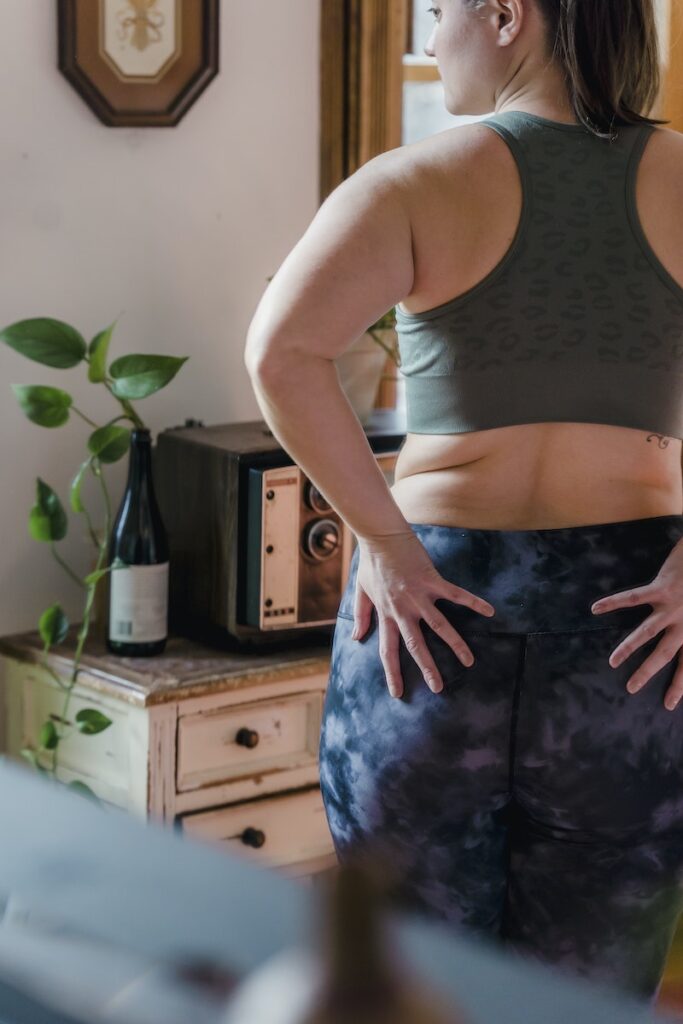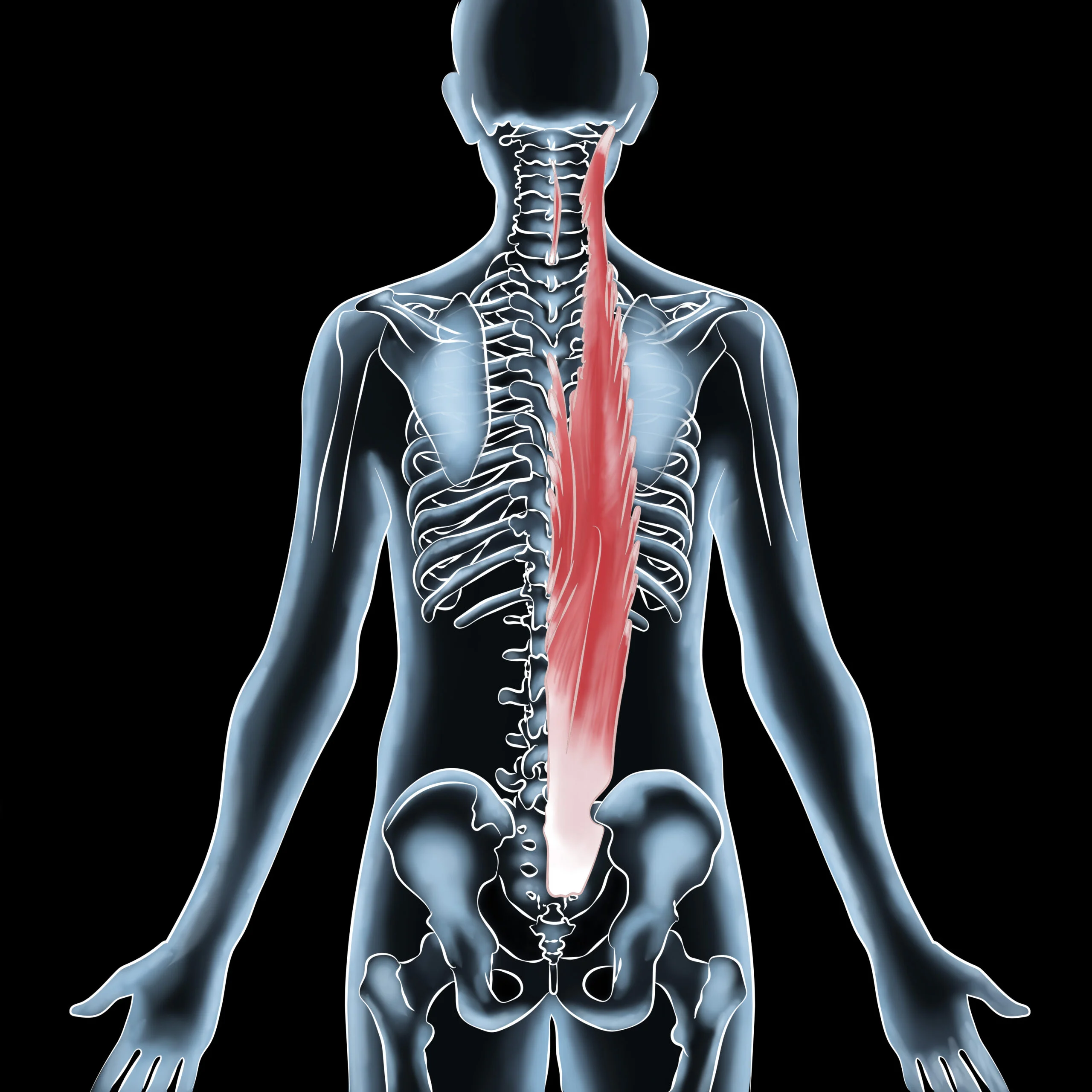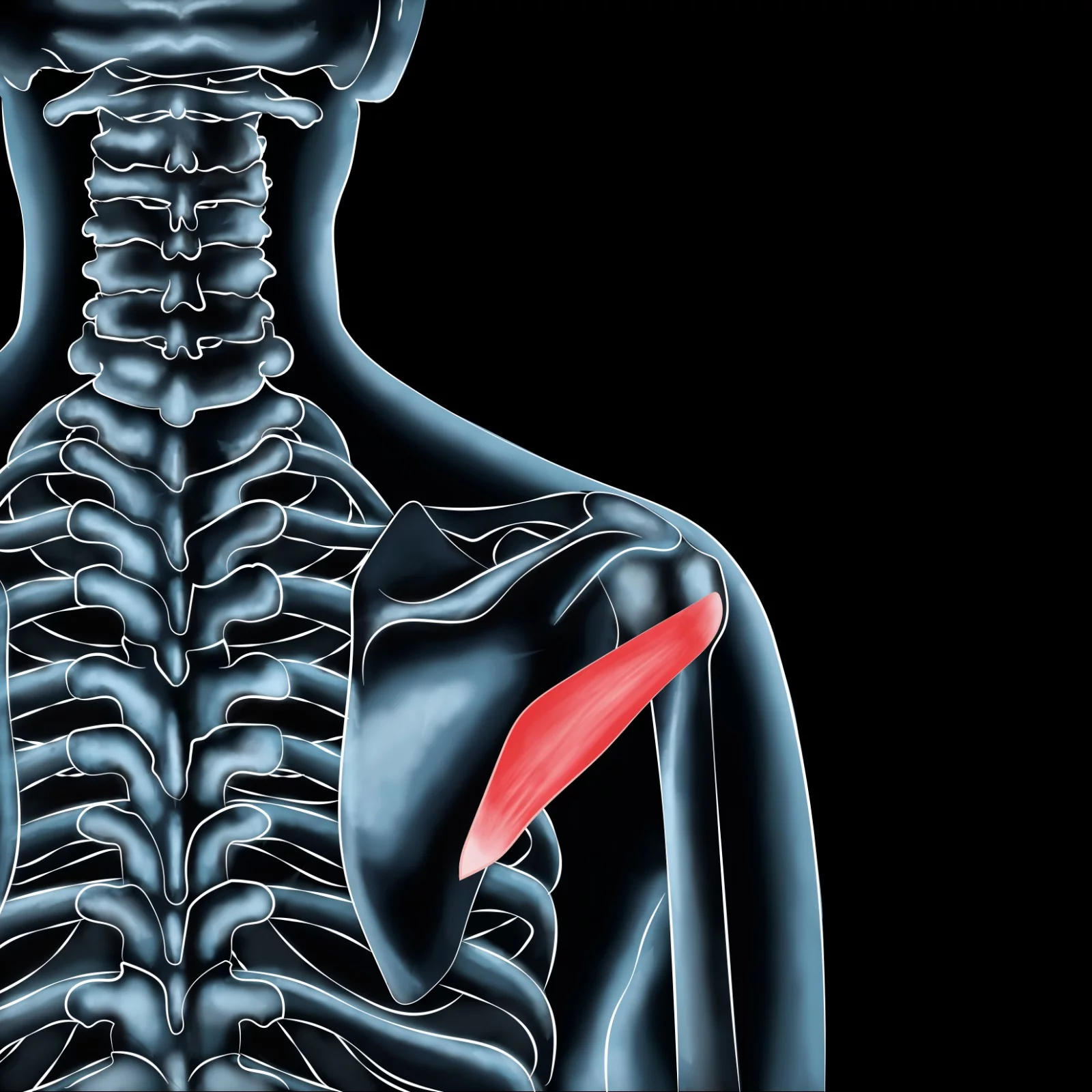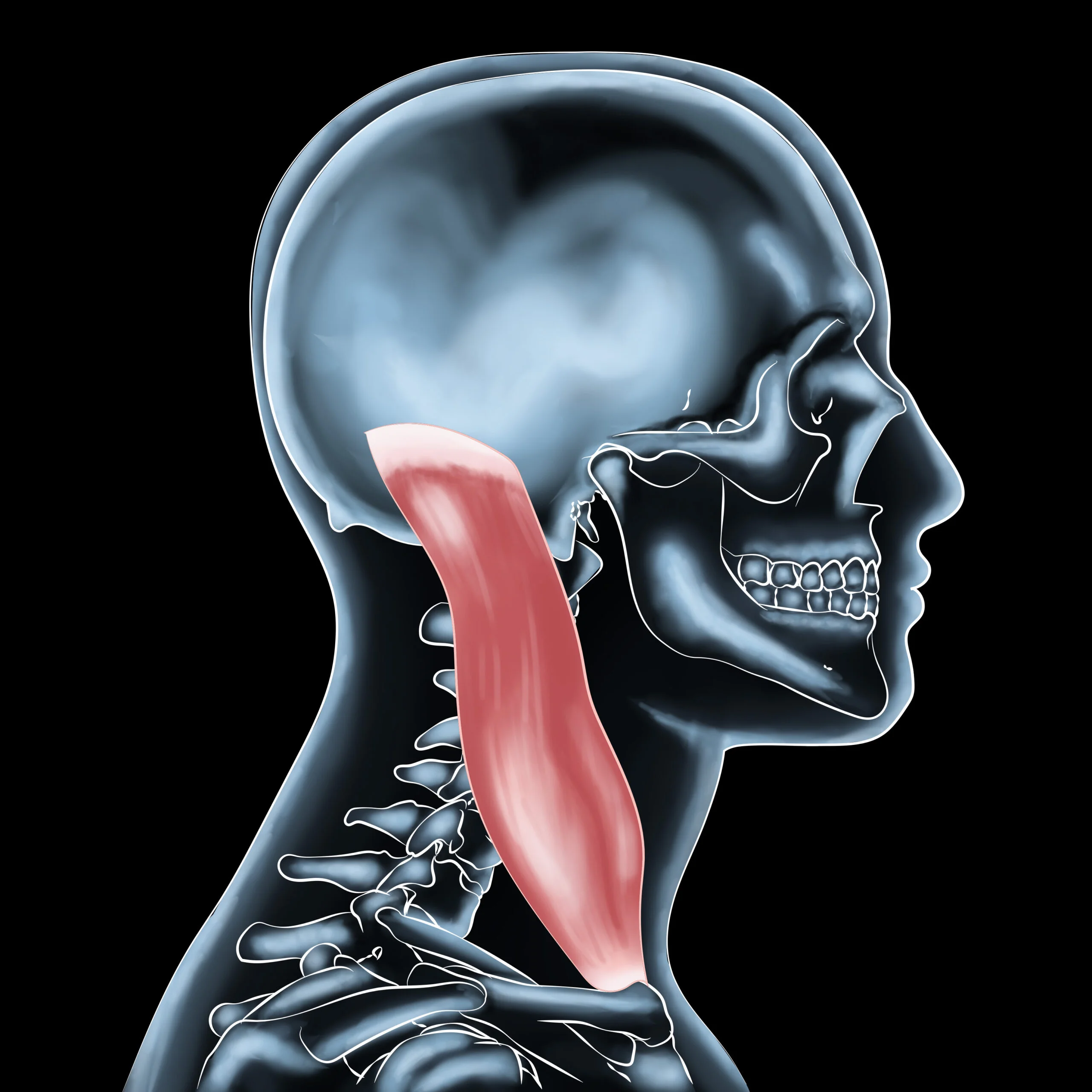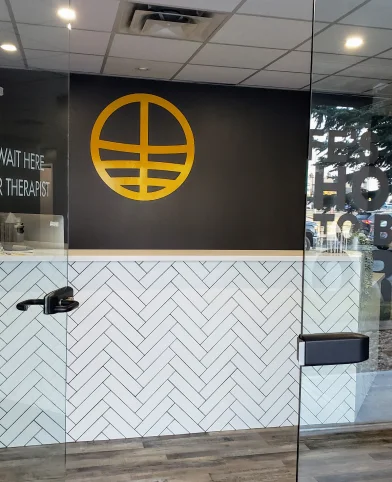Symptom – Are you experiencing Pain in Buttocks?
Pain in the buttocks can have many different causes, including muscle strain, nerve compression, and underlying medical conditions. Some common causes of buttocks pain include:
- Muscle strain: Overuse or injury to the muscles in the buttocks can cause pain and discomfort. This can be caused by activities such as running, cycling, or weight lifting.
- Nerve compression: The sciatic nerve, which runs through the buttocks and down the legs, can become compressed or pinched, leading to pain in the buttocks and radiating down the legs. This is known as sciatica.
- Underlying medical conditions: Certain medical conditions, such as osteoarthritis, spinal stenosis, or piriformis syndrome, can cause pain in the buttocks.
If you are experiencing pain in your buttocks, it is important to see a healthcare professional for a proper diagnosis and treatment plan. They may recommend rest, ice, physical therapy, medications, or other treatments to help alleviate your pain.
What causes Pain in Buttocks?
There are many different causes of pain in the buttocks. Some common causes include:
- Muscle strain: Overuse or injury to the muscles in the buttocks can cause pain and discomfort. This can be caused by activities such as running, cycling, or weight lifting.
- Nerve compression: The sciatic nerve, which runs through the buttocks and down the legs, can become compressed or pinched, leading to pain in the buttocks and radiating down the legs. This is known as sciatica.
- Underlying medical conditions: Certain medical conditions, such as osteoarthritis, spinal stenosis, or piriformis syndrome, can cause pain in the buttocks.
- Sittin gfor long periods of time: Prolonged sitting can cause strain on the muscles in the buttocks, leading to pain and discomfort.
- Injuries: Falls, sports injuries, or other accidents can cause pain in the buttocks.
- Structural abnormalities: Abnormalities in the structure of the spine, pelvis, or legs can cause pain in the buttocks.
It is important to see a healthcare professional if you are experiencing pain in your buttocks, as they will be able to properly diagnose the cause and recommend appropriate treatment.
How to treat your Pain in Buttocks?
The treatment for pain in the buttocks will depend on the cause of the pain. Here are some general treatment options that may be recommended by a healthcare professional:
- Rest: Depending on the cause of the pain, your healthcare professional may recommend resting the affected area to allow the muscles or other affected structures to heal.
- Ice: Applying ice to the affected area can help reduce swelling and inflammation, which can contribute to pain.
- Physical therapy: A physical therapist can teach you stretches and exercises to help alleviate pain and improve strength and flexibility in the affected area.
- Medications: Over-the-counter or prescription medications may be recommended to help reduce pain and inflammation.
- Alternative therapies: Massage, chiropractic care, or acupuncture may be recommended as additional treatment options for pain in the buttocks.
It is important to follow the treatment plan recommended by your healthcare professional to help alleviate your pain and improve your overall health. If your pain persists or becomes worse, it is important to follow up with your healthcare professional.

